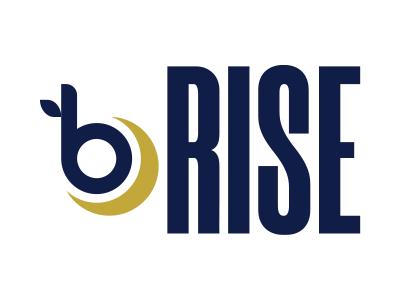For example, antidepressants, if someone with does alcohol affect copd an alcohol addiction were self-medicating to treat their depression. Or a doctor could prescribe drugs to assist with other emotions common in recovery. These complications are reasons why it’s important to treat alcohol addiction early. Nearly all risks involved with alcohol addiction may be avoidable or treatable, with successful long-term recovery.
Talk to your healthcare provider if you’re under stress and think you may be at risk for relapse. Your health care provider or mental health provider will ask additional questions based on your responses, symptoms and needs. Preparing and anticipating questions will help you make the most of your appointment time. Alcohol addiction may involve several different treatment methods. It’s important that each person get involved in a recovery program that will support long-term sobriety.
- You should also consider attending a local AA meeting or participating in a self-help program such as Women for Sobriety.
- See your doctor if you begin to engage in behaviors that are signs of alcohol use disorder or if you think that you may have a problem with alcohol.
- The National Council on Alcoholism and Drug Dependence and AlcoholScreening.org offer more comprehensive self-tests.
- Mutual-support groups teach you tactics to help you overcome your compulsion to drink alcohol.
If your provider suspects that you have a problem with alcohol, you may be referred to a mental health provider. A health care provider might ask the following questions to assess a person’s symptoms. Many people who seek treatment are able to overcome the addiction. A strong support system is helpful for making a complete recovery.
What to expect from your doctor
Too much alcohol affects your speech, muscle coordination and vital centers of your brain. A heavy drinking binge may even cause a life-threatening coma or death. This is of particular concern when you’re taking certain medications that also depress the brain’s function. See your whats an enabler doctor if you begin to engage in behaviors that are signs of alcohol use disorder or if you think that you may have a problem with alcohol. You should also consider attending a local AA meeting or participating in a self-help program such as Women for Sobriety.
From Mayo Clinic to your inbox
You can prevent alcohol use disorder by limiting your alcohol intake. According to the National Institute on Alcohol Abuse and Alcoholism, women shouldn’t drink more than one drink per day, and men shouldn’t drink more than two drinks per day. People with alcohol use disorder will continue to drink even when drinking causes negative consequences, like losing a job or destroying relationships with people they love. They may know that their alcohol use negatively affects their lives, but it’s often not enough to make them stop drinking.
We use only trustworthy sources, including peer-reviewed studies, board-certified medical experts, patients with lived experience, and information from top institutions. A number of studies have looked at alcohol use among specific racial and ethnic populations, including Black, Indigenous, and People of Color (BIPOC) communities. Adolescents are also likely to binge drink, which can lead to serious consequences, including injury and death. In many organs, the effects of alcohol increase over time, and the damage becomes apparent only after years of abuse.
What are resources for treating alcoholism?
Typically, a diagnosis of alcohol use disorder doesn’t require any other type of diagnostic test. There’s a chance your doctor may order blood work to check your liver function if you show signs or symptoms of liver disease. Genetic, psychological, social and environmental factors can impact how drinking alcohol affects your body and behavior. Theories suggest that for certain people drinking has a different and stronger impact that can lead to alcohol use disorder. If your pattern of drinking results in repeated significant distress and problems functioning in your daily life, you likely have alcohol use disorder. However, even a mild disorder can escalate and lead to serious problems, so early treatment is important.
Charitable Care & Financial Assistance
You might not recognize how much you drink or how many problems in your life are related to alcohol use. Listen to relatives, friends or co-workers when they ask you to examine your drinking habits or to seek help. Consider talking with someone who has had a problem with drinking but has stopped.
Alcohol use disorder (sometimes called alcoholism) is a common medical condition. People with this condition can’t stop drinking, even if their alcohol use upends their lives and the lives of those around them. While people with this condition may start drinking again, studies show that drinking when bored with treatment, most people are able to reduce how much they drink or stop drinking entirely.
Regardless of the type of support system, it’s helpful to get involved in at least one when getting sober. Sober communities can help someone struggling with alcohol addiction deal with the challenges of sobriety in day-to-day life. Sober communities can also share relatable experiences and offer new, healthy friendships. And these communities make the person with an alcohol addiction accountable and provide a place to turn to if there is a relapse. Many people with AUD do recover, but setbacks are common among people in treatment. Seeking professional help early can prevent a return to drinking.

